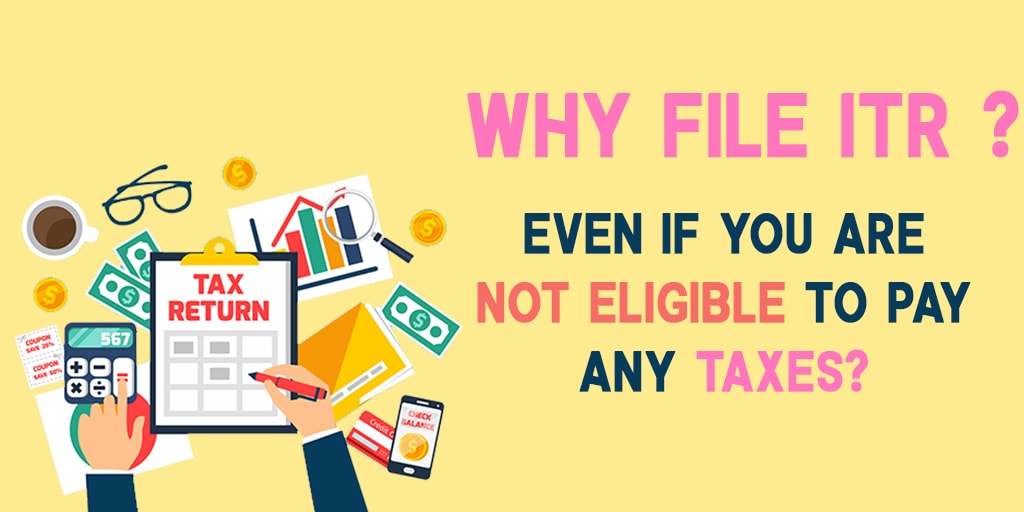
The (Costly) Economics Of Buying A New Car
May 17, 2019
Why file ITR even if you are not eligible to pay any taxes?
June 13, 2019
Many investors feel confused about the kind of investment they need to make for wealth creation or tax savings purposes. Today we take a look at two such popular investment avenues and try to find out which is better.
1 – The Definition
Public Provident fund or PPF is a scheme run by Post office and backed by the Government of India. This backing makes PPF a very safe fund to invest in.
Equity Linked Saving Scheme or ELSS has been around for some 15 years now and focuses on investing in stocks/ shares of companies.
2 – The Returns Expected
PPF offers a stable rate of returns as per government declaration made once every year (between 7 and 8 percent).
ELSS returns vary wildly because of stock market fluctuations. However, on average ELSS yields around 14 percent if held for a long term.
3 – Historical Analysis of Returns
PPF rate of returns once touched 12% many years back. Then they slid down to 9%. Since the last 3-4 years, it has been around 7% to 8% mark.
ELSS rate of returns can be as high as 20% or as low as 8%. The returns totally depend on stock market performance and investor sentiments.
4 – The lock-in period
PPF has a lock-in period of 15 years. Partial withdrawals are possible after the end of the 5th year. ELSS has a lock-in period of 3 years.
The investment tenure
PPF cannot exceed 15 years of tenure. There is a possibility to extend PPF by another 5 years. There is no upper limit on ELSS tenure.
5 – The Tax Benefits
PPF is exempt from taxes at all 3 stages – during investment, during accumulation, and at time of withdrawal. (EEE, i.e. exempt, exempt exempt)
ELSS falls under Long term capital gains tax of 10% if the annual returns are above Rs. one lakh after a holding of 1 year.

6 – How much can be invested?
The PPF investor can invest between Rs. 500 and Rs. 1.5 lakh (either lumpsum or monthly instalments).
The ELSS investor can invest any amount. However, he/ she will get a maximum of Rs. 1.5 lakhs as tax exemption u/s 80C.
Example
To compare the performance of the two, let’s take an example for a period of 20 years (1999 – 2018).
If we invested Rs. 1.5 lakhs yearly (or Rs. 30 lakhs across 20 years), the returns on PPF was Rs. 77.8 lakhs, while ELSS would have yielded (whooping!) Rs. 2.3 crore. This way, ELSS was almost 3x of PPF over the long-term horizon. Though there will be post maturity taxation liability on ELSS (but not on PPF) the overall returns for ELSS will still be way higher than PPF.
The Bottom line
Both investment avenues have their own pros and cons. Our thoughts would be to check the volatility of the investment and then make a decision about which one to go for.
So, if you are a risk-averse investor who doesn’t want to lose the principal invested, then PPF is a safe option. But the returns will be lower than the ELSS.
On the other hand, if you need higher returns and are willing to be exposed to risk to market volatility, then ELSS will match your investment objectives.
To Summarize
a. PPF is a good option for those who don’t want the risks associated with volatile market performance. This safe investment provides assured (albeit lower returns and are in effect for longer than ELSS.
b. ELSS will provide better returns, but is highly volatile compared to PPF. This investment is riskier than PPF but will be best for those who are looking at aggressive wealth creation goals.

 +91 9004789500
+91 9004789500
17 Comments
Very nice datas. Thanks sir
thank you
Very nice
thank you
I appreciate your Data calculation.But can you tell me when I purchased 2 ELSS fund every fund 1.5 lakh investment per year so how many save tax according to 80c.please reply me.
Sir your Data is amazing.😍
thank you
Difference with precise points to remember.
thank you
Very good one
thank you
Good job Bhaven…. Cheers
thank you
Well explained, comparison between two investments
Thank you ..
Good comparison..
Bhaven Ji really nice comparison. Actually people are thinking of safe investment. No investment is safe till you get returns as expected.
In my opinion all citizens should must have saving account in Indian post as I had come across a situation when co-operative bank near by stopped transaction as per RBI which lead me and my father in financial crisis when he was sick and hospitalised.as post gives full amount as comes under ministry of finance.